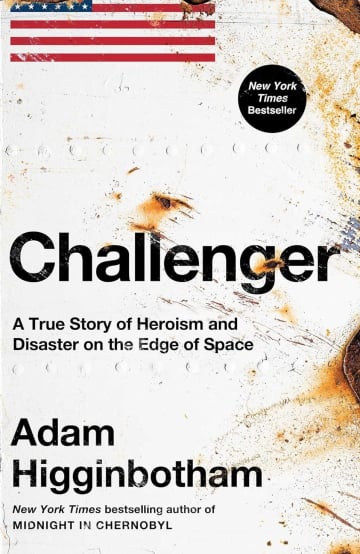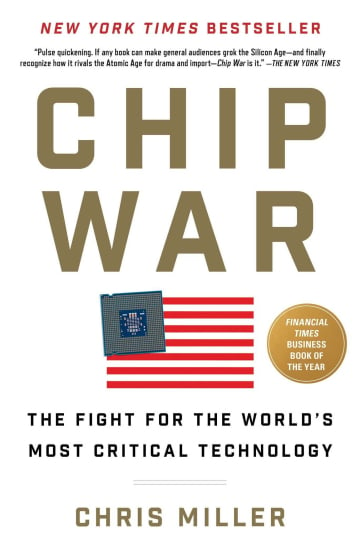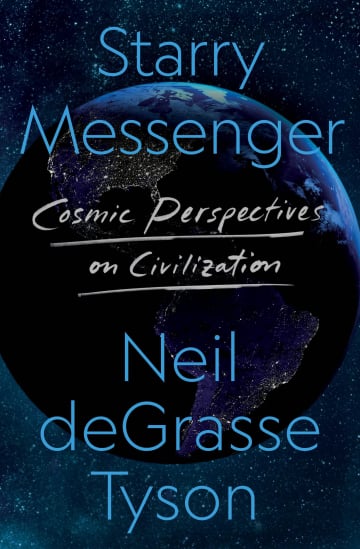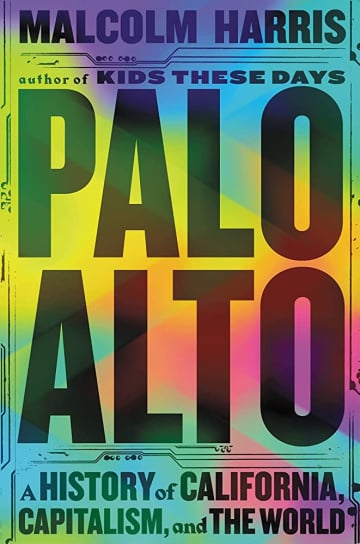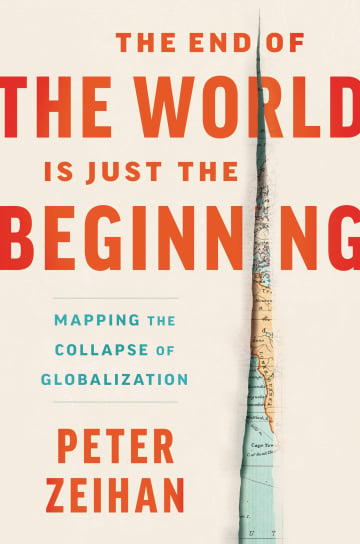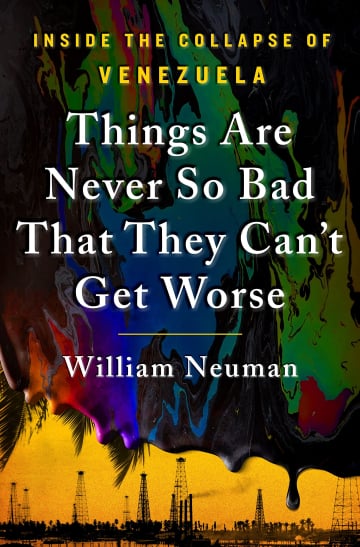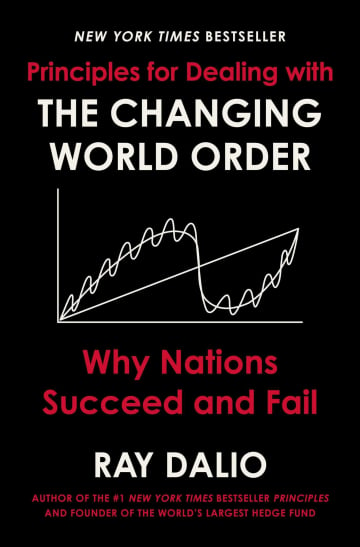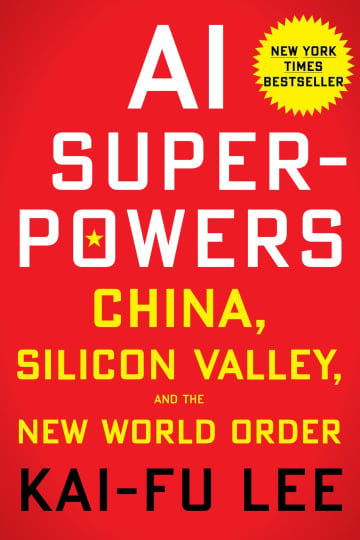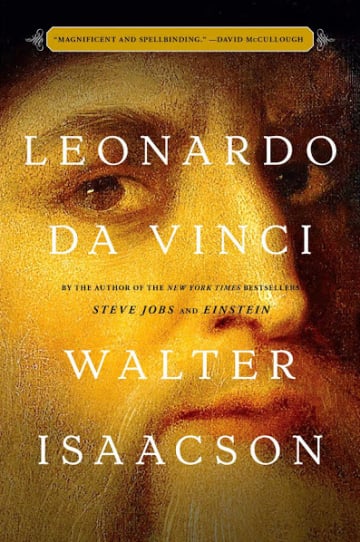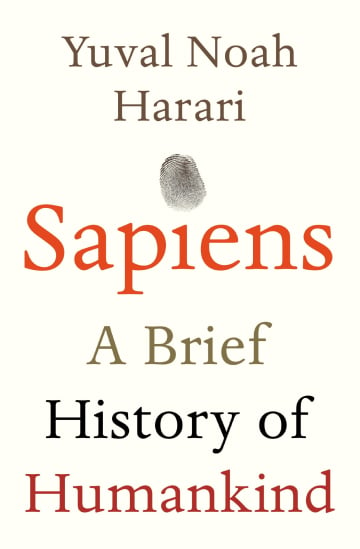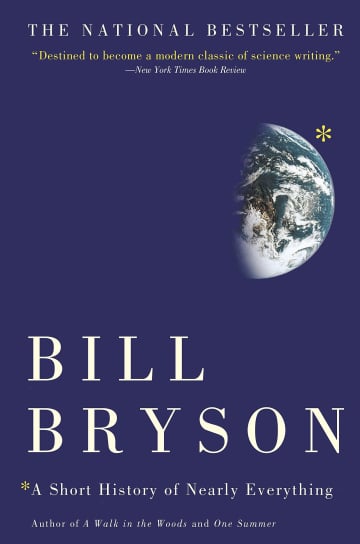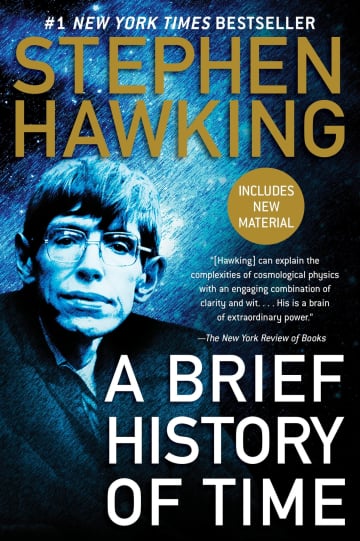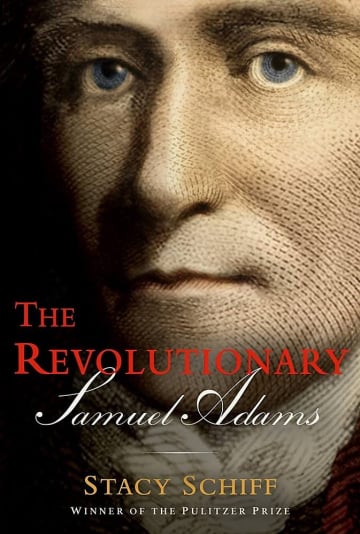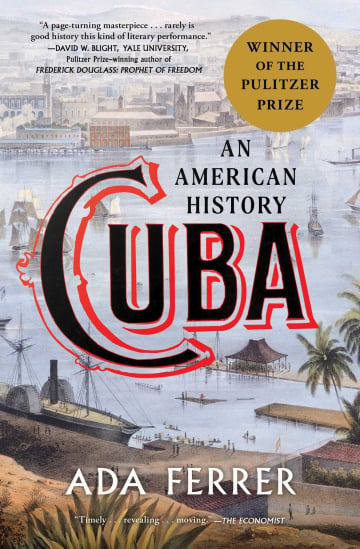
Cuba: An American History
⚡️ 11 Quotes from the book
“It is a story of violent conquest and occupation; of conspiracies against slavery and colonialism; of revolutions attempted, victorious, and undone.”
“The connections between Cuba and the United States stretch back over centuries and run in both directions.”
“Sugar was king, and, by 1830, the island of Cuba was producing more of it than any other place on earth.”
“Plantations kept growing in number and size, taking over more land and more forests, and consuming more and more African lives. What had been a society with slaves became instead a slave society, one in which the system of slavery left its mark on everything from political to social to economic to cultural life.”
“Cuba—its sugar, its slavery, its slave trade—is part of the history of American capitalism.”
“For Adams, as for most of his fellow statesmen, the question was not whether—but when—Cuba would become part of the United States. An American Cuba was inevitable, a consequence of the most elemental law of nature: gravity.”
“The Cuban War of Independence—the third war in thirty years—seemed suddenly irrelevant, supplanted (like the Black officers suddenly demoted in favor of newcomers) by the Spanish-American War. That was the new name for the war, a name in which Cuba deserved not even a mention. In the struggle between Cuba and Spain, then, it was the United States that emerged victorious.”
“Relying on laws enacted by the US occupation, American sugar companies purchased hundreds of thousands of acres of land and transformed them from dense hardwood forests into massive sugar enterprises.”
“Given the character, the mentality, the history of the people of the United States, Roosevelt actually did some wonderful things, and some of his countrymen have never forgiven him for doing them.”
“The future of the Cuban economy now looked like the past: sugar and more sugar. Before economic dependence had been on the United States; now the island became wholly dependent on the Soviet Union and the Eastern Bloc. So much had changed, but, still, the past—or parts of it, anyway—proved intractable.”
“The large-scale events of history—conquest, enslavement, revolution, war—ripple through individual lives, shaping them like so much stone or clay.”
Related videos
Publications
The Guardian: Cuba review: American history of island neighbor is telling and timely
The Wall Street Journal: ‘Cuba: An American History’ Review: That Infernal Little Republic
The Economist: America looms large in a new history of Cuba
USA Today: New book 'Cuba: An American History' upends misconceptions of Cuban history, US relationship
Los Angeles Review of Books: Another World: On Ada Ferrer’s “Cuba: An American History”
Ask Albert:
Rate the book
⚡️ Discover Even More Bookish Wisdom
recommends
recommends

